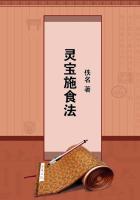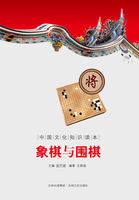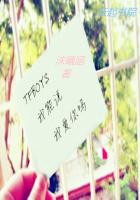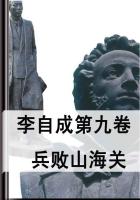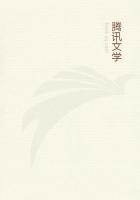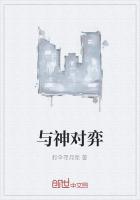unconditionally for it; and that proves that it is worth at least 14s.to him.(If he can get buns at a penny each, but seven for sixpence; and he elects to buy seven, we know that he is willing to give up his sixth penny for the sake of the sixth and the seventh buns: but we cannot tell how much he would pay rather than go without the seventh bun only.) It is sometimes objected that as he increases his purchases, the urgency of his need for his earlier purchases is diminished, and their utility falls;therefore we ought to continually redraw the earlier parts of our list of demand prices at a lower level, as we pass along it towards lower prices (i.e.to redraw at a lower level our demand curve as we pass along it to the right).But this misconceives the plan on which the list of prices is made out.The objection would have been valid, if the demand price set against each number of pounds of tea represented the average utility of that number.For it is true that, if he would pay just 20s.for one pound, and just 14s.for a second, then he would pay just 34s.
for the two; i.e.17s.each on the average.And if our list had had reference to the average prices he would pay, and had set 17s.against the second pound; then no doubt we should have had to redraw the list as we passed on.For when he has bought a third pound the average utility to him of each of the three will be less than that of 17s.; being in fact 14s.8d.if, as we go on to assume, he would pay just 10s.for a third pound.But this difficulty is entirely avoided on the plan of making out demand prices which is here adopted; according to which his second pound is credited, not with the 17s.which represents the average value per pound of the two pounds; but with the 14s., which represents the additional utility which a second pound has for him.For that remains unchanged when he has bought a third pound, of which the additional utility is measured by 10s.
The first pound was probably worth to him more than 20s.All that we know is that it was not worth less to him.He probably got some small surplus even on that.Again, the second pound was probably worth more than 14s.to him.All that we know is that it was worth at least 14s.and not worth 20s.to him.He would get therefore at this stage a surplus satisfaction of at least 6s., probably a little more.A ragged edge of this kind, as mathematicians are aware, always exists when we watch the effects of considerable changes, as that from 20s.to 14s.a pound.If we had begun with a very high price, had descended by practically infinitesimal changes of a farthing per pound, and watched infinitesimal variations in his consumption of a small fraction of a pound at a time, this ragged edge would have disappeared.
3.Prof.Nicholson (Principles of Political Economy, Vol.I and Economic Journal, Vol.IV) has raised objections to the notion of consumers' surplus, which have been answered by Prof.Edgeworth in the same Journal.Prof.Nicholson says: - "Of what avail is it to say that the utility of an income of (say) ?00 a year is worth (say) ?000 a year?" There would be no avail in saying that.But there might be use, when comparing life in Central Africa with life in England, in saying that, though the things which money will buy in Central Africa may on the average be as cheap there as here, yet there are so many things which cannot be bought there at all, that a person with a thousand a year there is not so well off as a person with three or four hundred a year here.If a man pays 1d.toll on a bridge, which saves him an additional drive that would cost a shilling, we do not say that the penny is worth a shilling, but that the penny together with the advantage offered him by the bridge (the part it plays in his conjuncture) is worth a shilling for that day.Were the bridge swept away on a day on which he needed it, he would be in at least as bad a position as if he had been deprived of eleven pence.
4.Let us then consider the demand curve DD' for tea in any large market.Let OH be the amount which is sold there at the price HAannually, a year being taken as our unit of time.Taking any point M in OH let us draw MP vertically upwards to meet the curve in P and cut a horizontal line through A in R.We will suppose the several lb.numbered in the order of the eagerness of the several purchasers : the eagerness of the purchaser of any lb.
being measured by the price he is just willing to pay for that lb.The figure informs us that OM can be sold at the price PM;but that at any higher price not quite so many lbs.can be sold.





